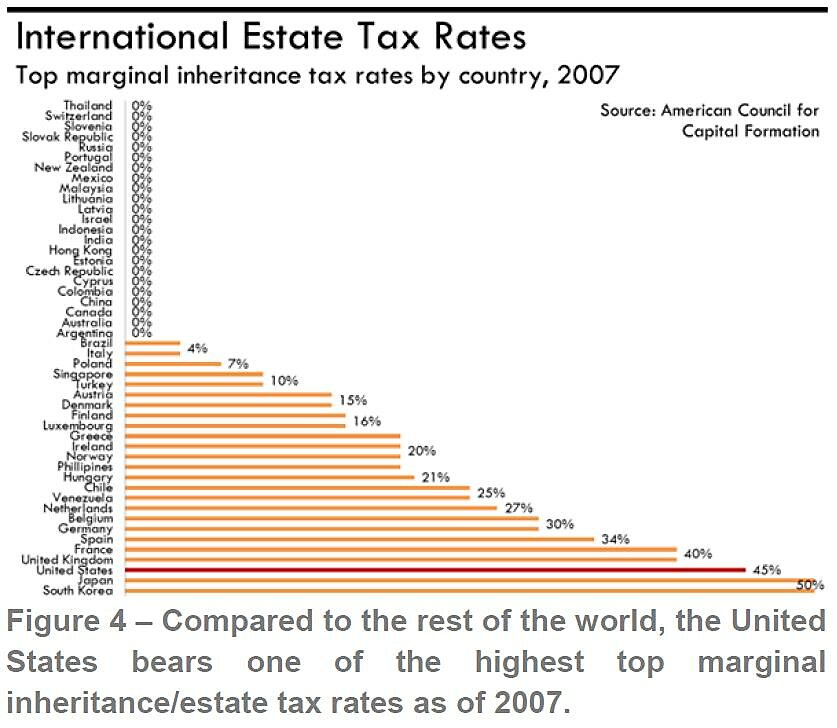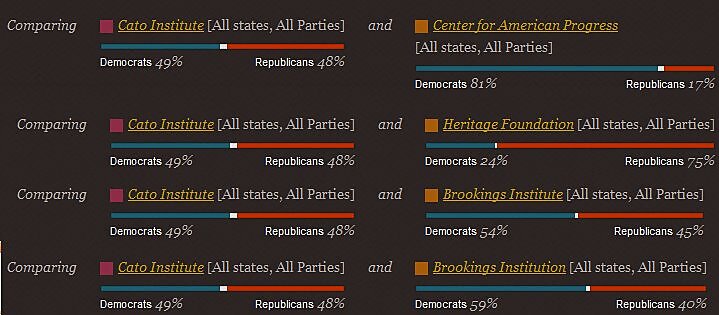The gods tell me I’m not allowed to post the article, “Medical volunteers not free to cross state lines; Charity wants changes so it can help more,” from The Tennesseean in its entirety. So here’s an, ahem, excerpt:
The founder of the Knoxville-based charity Remote Area Medical Volunteer Corps says his nonprofit is hamstrung by laws preventing medical volunteers from crossing state lines.
Stan Brock told the Bristol Herald Courier that RAM has provided free medical and dental care to more than half-a-million patients since 1992, but it could serve even more if state laws were changed…
Brock said the group recently went to Joplin, Mo., with a mobile eyeglass lab. But they were not allowed to make free glasses because their volunteer optometrists and opticians were not licensed in the state.
Events in California have had dozens of empty dental chairs as patients were turned away — not for lack of willing volunteers but because state law creates impossible hurdles for out-of-state providers.
“Before Georgia told us to stop, we used to go down to southern Georgia and work with the Lions Club there treating patients,” he said.
Brock said the laws are designed as “turf protection,” but his charity efforts pose no threat to traditional medical providers…
RAM began providing its free services, which it calls “expeditions” in South America. Its first expedition in the U.S. was in Tennessee, which also passed the first law allowing the providers to cross state lines for charity care. Illinois later adopted a similar law, modeled after Tennessee’s.
Brock said those laws have three key components: They allow health providers from out of state to provide charity care, protect them against frivolous lawsuits and are simple enough to allow busy volunteers to come without jumping through hoops.
See also this moving photoblog about a Remote Area Medical “expedition” to Appalachia.
For more about Remote Area Medical, click here.

